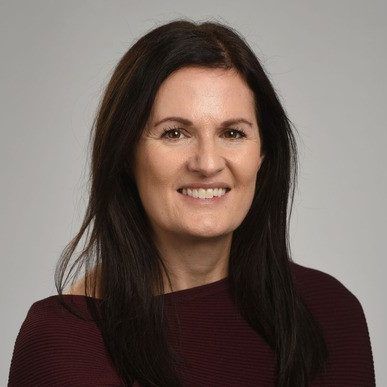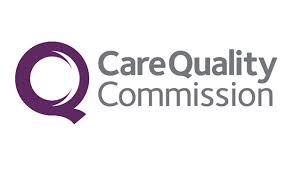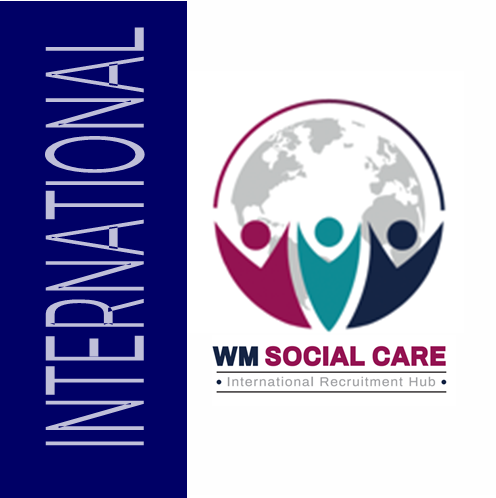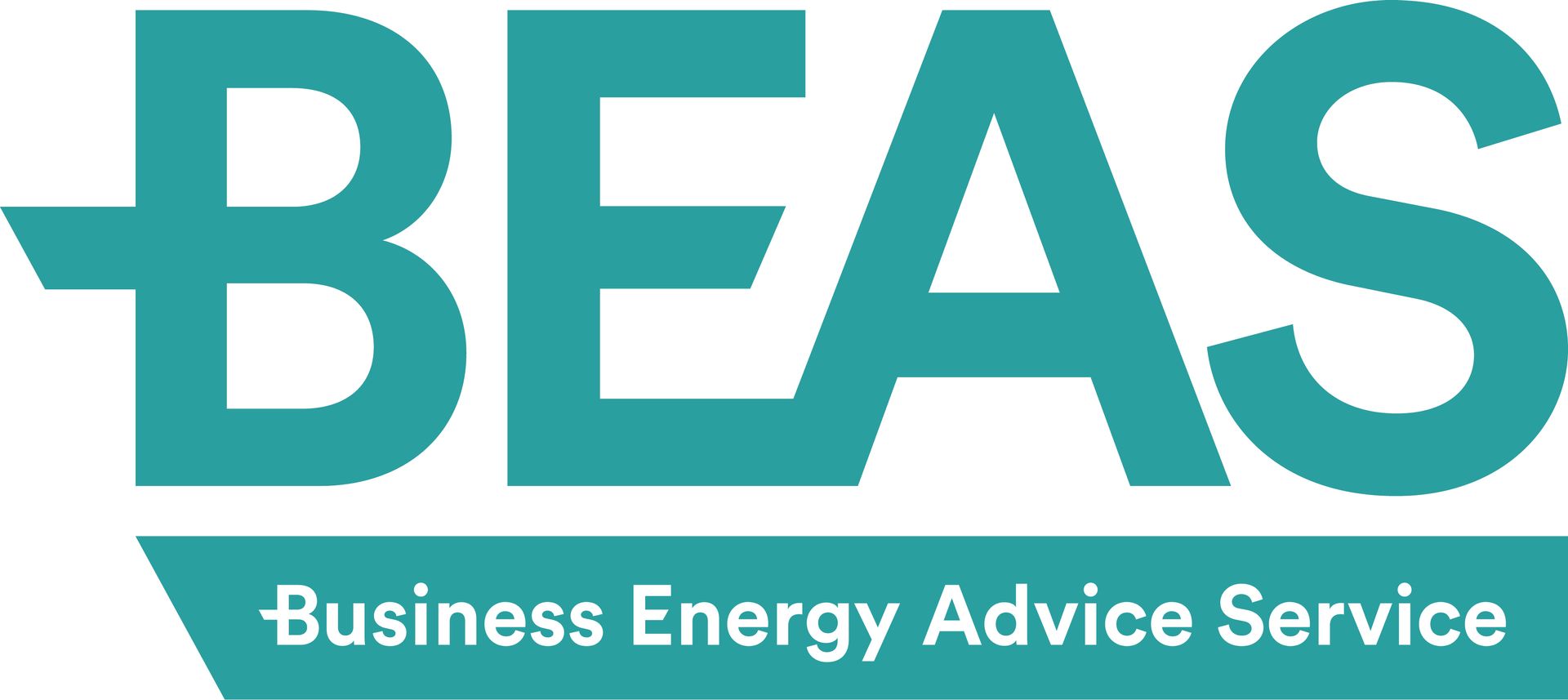We accept in full the findings and recommendations in the interim review.
We know that these recommendations chime with what we have already heard from the public, providers and our own workforce. They align with the key areas we have prioritised as part of our work to restore trust with the public and providers. We know we need to listen better, work together more collaboratively and be honest about what we’ve got wrong. We are now working at pace and in consultation with providers, our stakeholders and CQC staff to rebuild that trust and become the strong, credible, and effective regulator of health and care services that the public and providers need and deserve.
Work is underway to improve how we work in key areas:
- We’ve committed to increasing the number of inspections we are doing so that the public have an up-to-date understanding of quality, and providers can demonstrate improvement;
- We’ve made a significant increase to the number of people working in registration so we can reduce the time it takes to respond to registration requests ;
- We’re working to fix and improve our provider portal, and this time we’ll be listening to providers and to our colleagues about the improvements that are needed and how we can design solutions together;
- We’ll be working with people who use services and providers to develop a shared definition of what good care looks like;
- We’re developing a new approach to relationship management that enables a closer and more consistent contact point for providers.
In addition, I'm also pleased to update that we've appointed Professor Sir Mike Richards to conduct a targeted review of how the single assessment framework is currently working for NHS trusts and where we can make improvements. Sir Mike’s career as a senior clinician, and a distinguished leader of high-profile national reviews, as well as his direct experience of driving improvement through regulation, make him uniquely placed to conduct this work.
Finally, I want to say again, I'm sorry we have got things so wrong in the implementation of our new approach, we're not where we want to be, but commit the CQC to put things right by truly working in partnership with you and the people who use health and social care.
We’ll continue to share updates as we progress work, including giving clear timelines for when improvements will take place and offer opportunities to work with us on this.
Read our full response to the Dash review interim findings.























